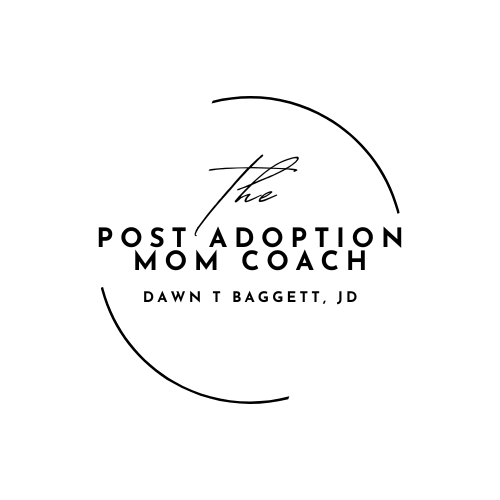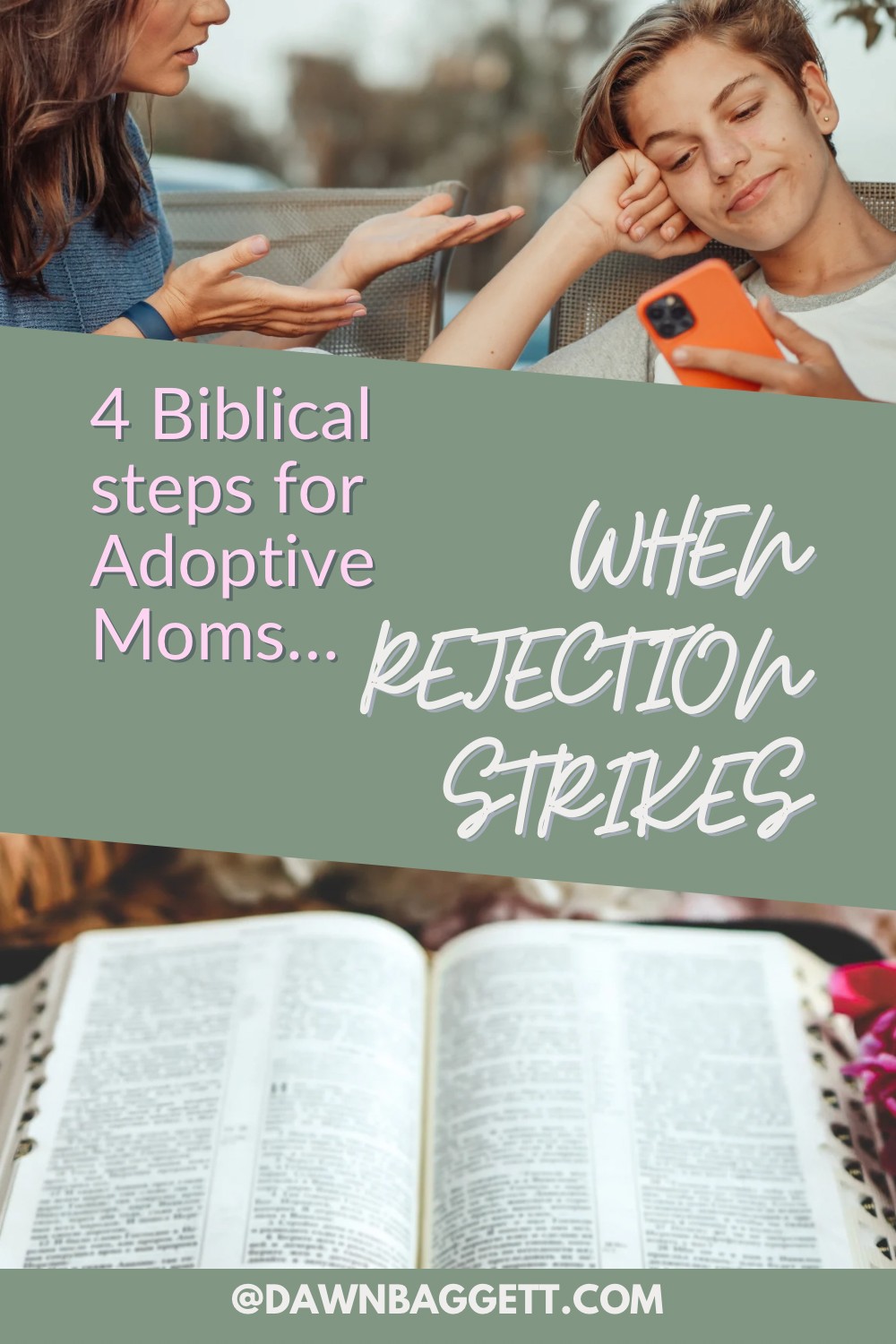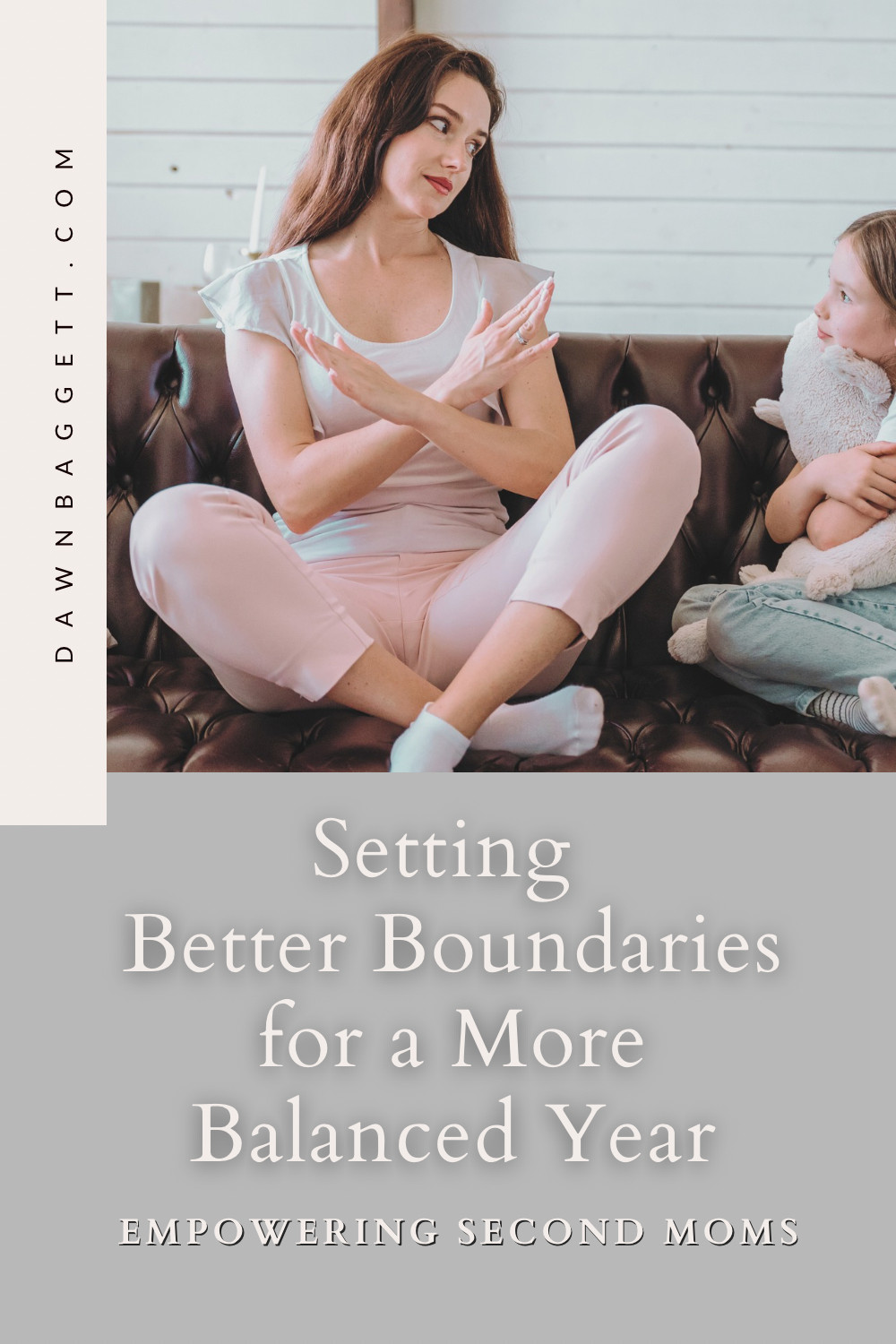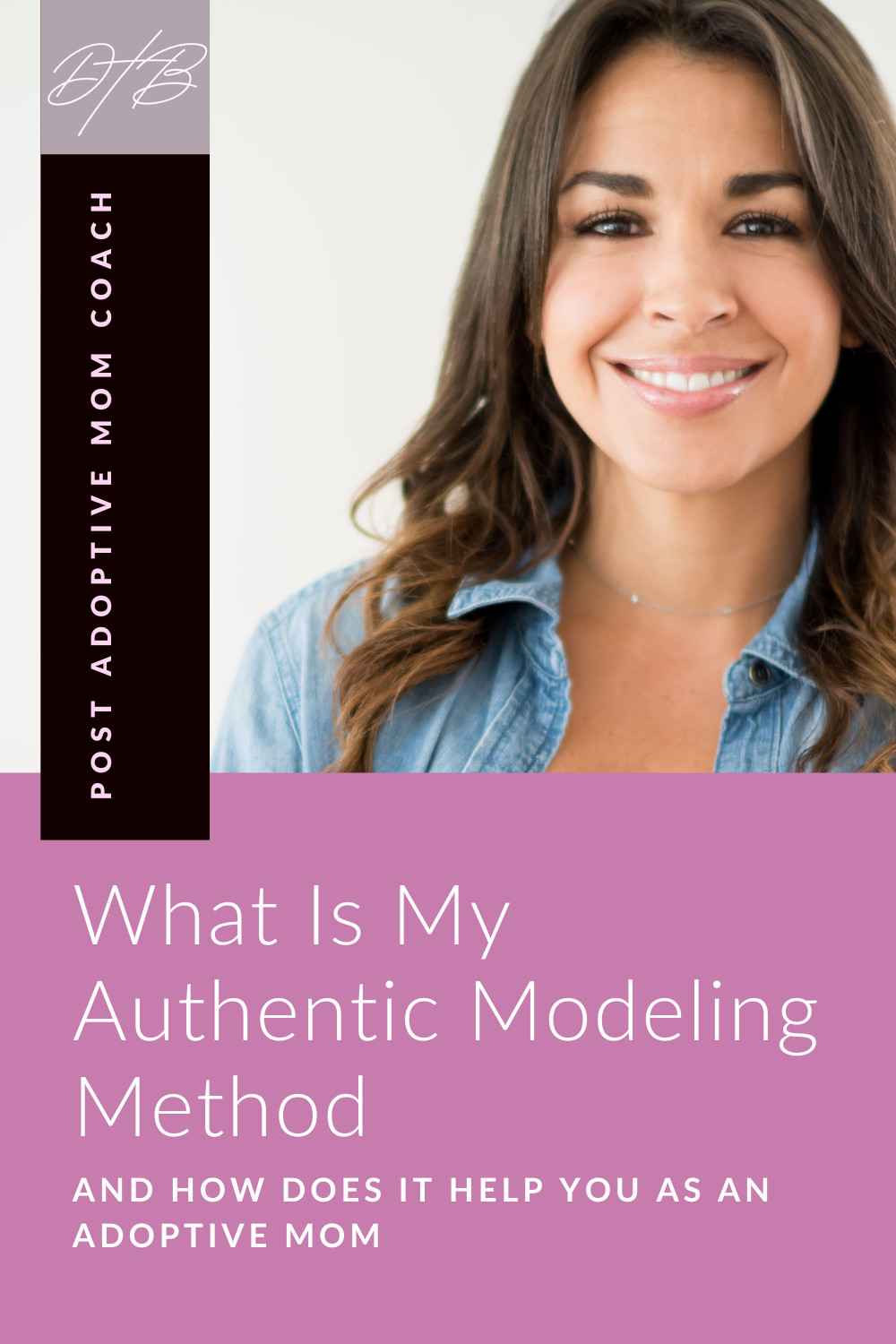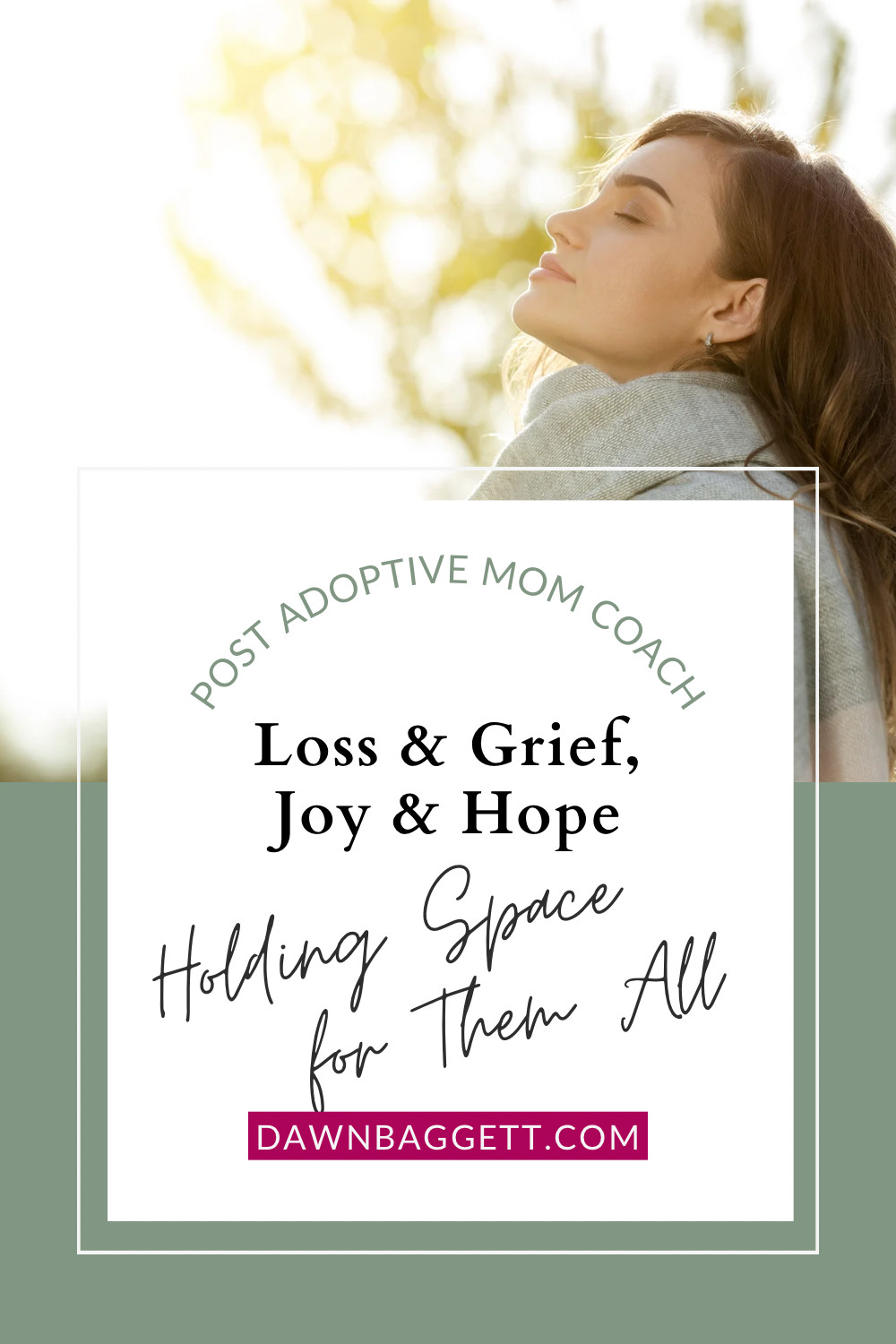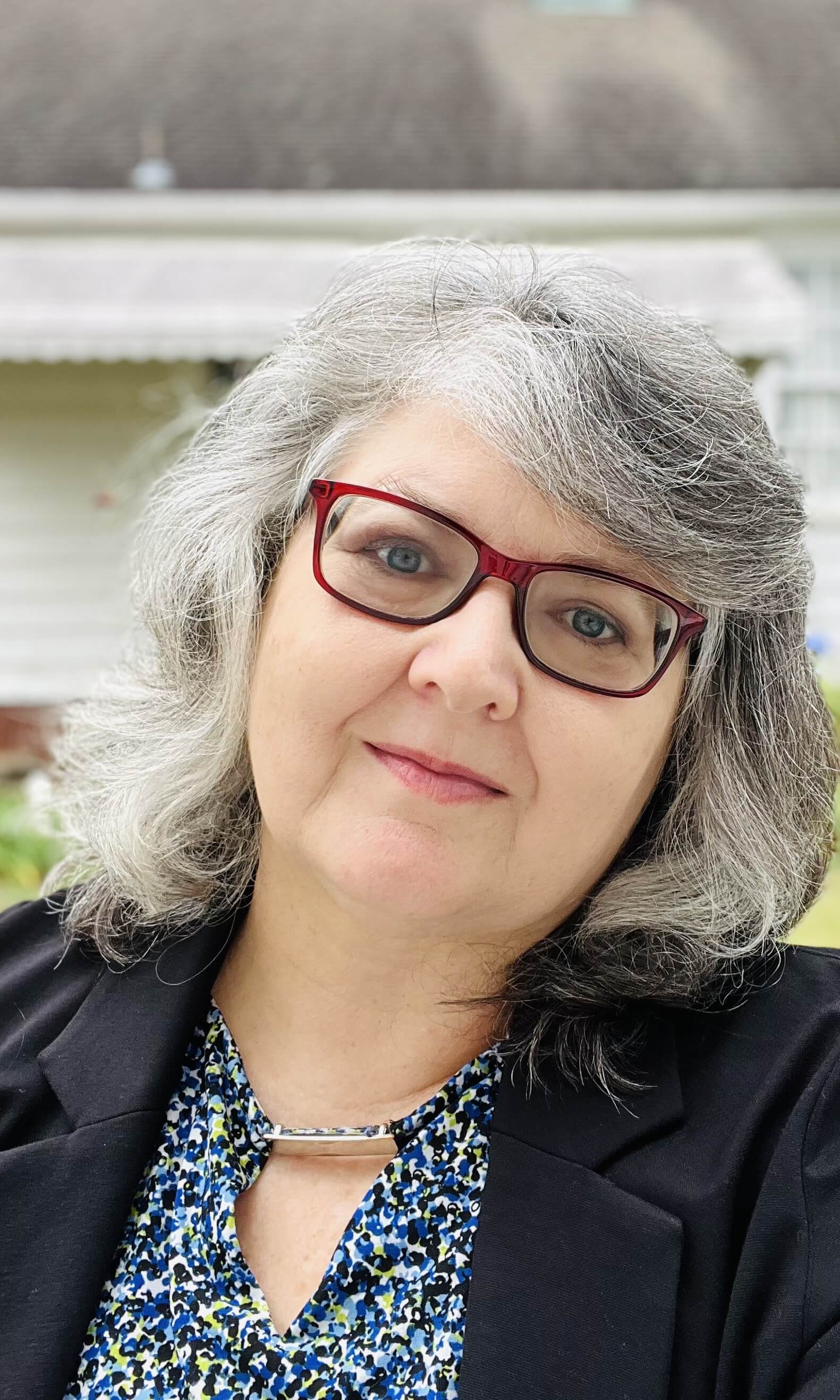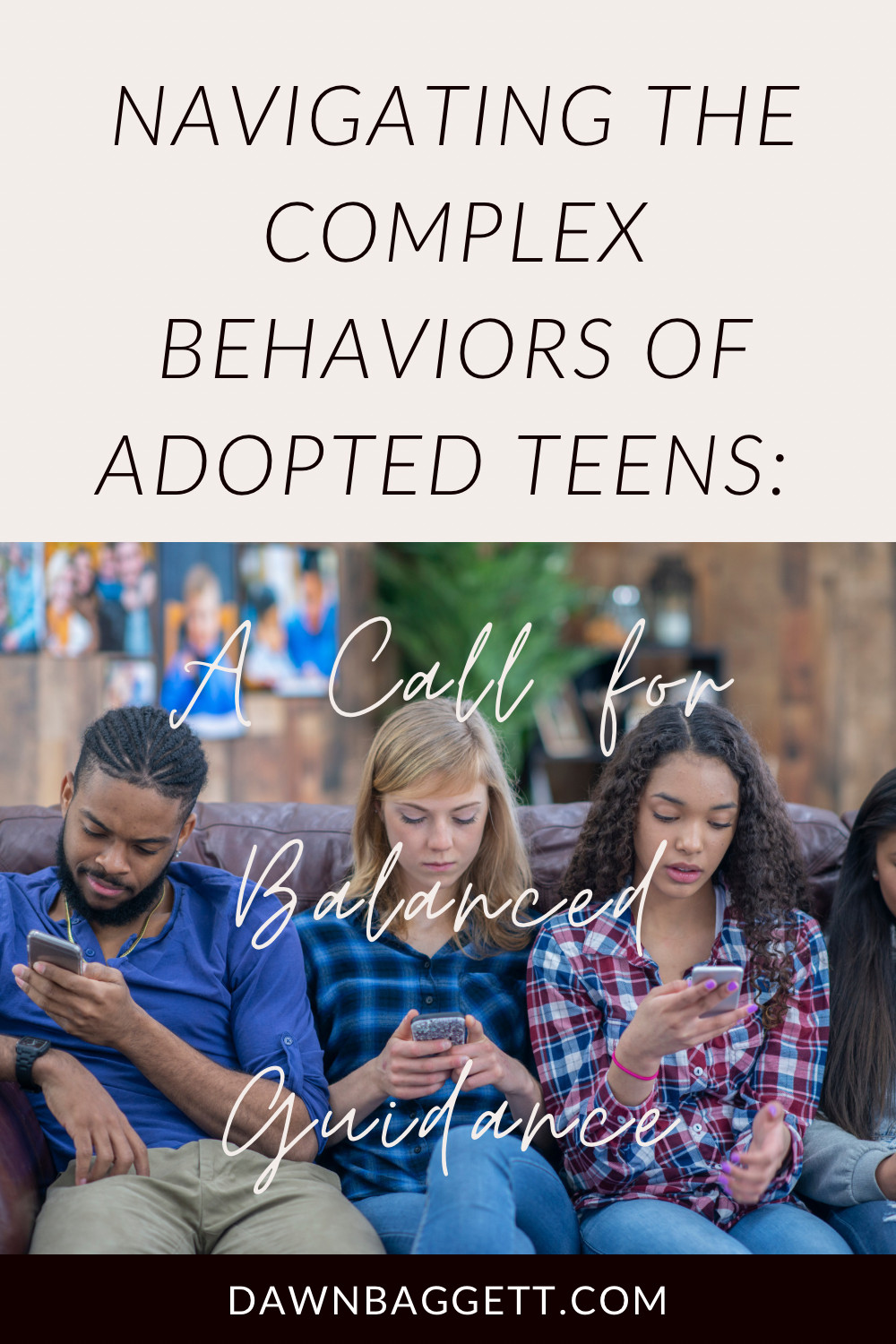
A Lesson from Hisory
As we gather together in our shared journey of parenting teens with significant early childhood trauma histories, it's essential to pause and reflect on the complex behaviors we face daily. I've been thinking about the historical roles of children and how they might offer us insights into better supporting our young ones today.
In times past, by the age of 15, 16, or 17, young people were often thrust into adult roles, shouldering responsibilities that mirrored those of grown-ups. They worked hard, contributing to their households or finding their place in the world independently. This was the expectation, and it channeled their youthful energy and drive into productive endeavors.
Now, let's connect this historical perspective to the present day, especially for our adopted teens who have experienced early childhood attachment traumas. These traumas can prematurely activate a natural inclination to push against being treated as children, fueling a strong desire to be recognized as adults.
As adoptive mothers, we often respond to these behaviors with an instinct to protect. It's a natural response, driven by our deep love and commitment to our children's well-being. However, in our efforts to shield them from further pain or hardship, we may inadvertently be doing them a disservice.
By being overly protective, we risk stifling their growth and preventing them from developing the resilience and life skills they need to navigate the world as young adults. This overprotection can manifest in various ways, such as shielding them from consequences, micromanaging their lives, or advocating for them in situations where they should be learning to speak up for themselves.
Systemic Solutions
It's not just us as parents who may be contributing to this dynamic. Societal systems, such as the legal and school systems, often treat these teens with kid gloves due to their trauma histories. While the intention is to support and protect, this approach can inadvertently reinforce the idea that they are helpless victims rather than capable individuals.
So, what can we do differently?
How can we strike a balance between nurturing and empowering our adopted teens?
1. Encourage responsibility and accountability
Provide opportunities for your teen to take on age-appropriate responsibilities and face natural consequences. This might mean allowing them to experience the outcomes of their choices, whether it's a poor grade or a missed curfew.
2. Foster open communication
Create a safe space for your teen to express their thoughts, feelings, and desires. Listen actively and validate their experiences while gently guiding them towards healthy decision-making.
3. Support their independence
Encourage your teen to take on tasks that promote independence, such as managing their own schedule, preparing meals, or seeking part-time employment. These experiences will help build their confidence and life skills.
4. Advocate for appropriate support in societal systems
When interacting with schools or legal systems, advocate for a balanced approach that acknowledges your teen's trauma history while also promoting their growth and accountability. Collaborate with professionals to find the right support and interventions.
5. Take care of yourself
Remember that parenting a teen with a trauma history can be emotionally draining. Prioritize self-care/stewardship and get the support you need for yourself.
Incorporating self-care practices, such as using essential oils, can be a valuable tool in our parenting toolkit. For example, diffusing an anti-stress blend of essential oils in your home is a non-confrontational method to help create a calming atmosphere, promoting relaxation and emotional balance for you and your teen, and the entire household!
Creating and exercising your own personal boundaries that reflect your adult needs, limits and self-determination is another method for modeling adult responsibility and stewardship in a way that respects their autonomy as well as your own.
As we look to find the right balance in supporting our adopted teens, let's remember that our goal is to empower them to become resilient, capable, and self-assured young adults. By providing them with opportunities to take on responsibilities, encouraging open communication, and advocating for appropriate support, we can help them navigate the complexities of their teenage years and beyond.
What do you think?
I want to hear from you! Leave me a message with the contact form in the menu at the top of this page with your thoughts.
Together, as a community of adoptive mothers, let's embrace this journey of growth and empowerment, both for ourselves and our beloved teens.
With love and solidarity,
Dawn
I’d love to be counted as your ally on your Second Mom Journey. Won’t you subscribe to my Second Moms Circle email newsletter and discover the power of a single simple tool — guided journaling with targeted journal prompts— for helping you navigate the journey in alignment with your Christian faith, personal values and commitments. Check it out HERE.
______________________________________________________

Post Adoption (Mom) Coach
“STANDING IN THE GAP FOR SECOND MOMS in Adoptive & Blended Families
As a Certified LifeMapping(R) Coach, Dawn helps Christian adoptive moms navigate the challenges of their non-traditional families with their own brand of (faith fueled) success!
DISCLAIMER: I’m a coach, not a doctor nor a therapist. As a coach I do not offer mental or medical health diagnosis, treatment or cures. Furthermore, I am no longer a practicing attorney and do not offer individual legal advice. For individual advice related to your own personal situation I recommend you seek out an appropriate professional. Coaching may fill a spot in your overall support network.
—
Copyright © 2025 Dawn T. Baggett, JD - All rights reserved
—
